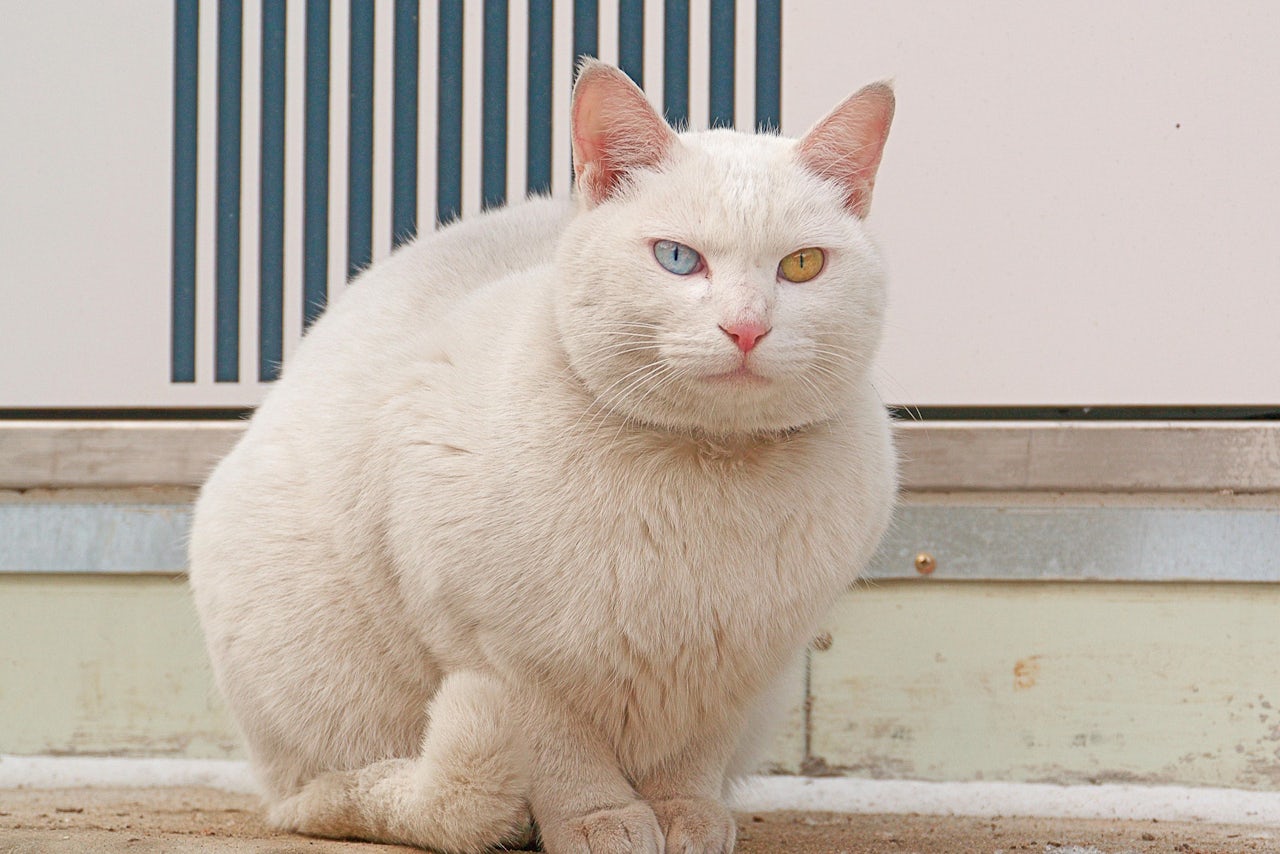There is a popular myth that cats cause people to become crazy, or at least that crazy people substitute cat relationships for human ones. This myth has been bolstered by research around Toxoplasmosis gondii, a parasite that has been associated with eccentric behavior in otherwise healthy individuals, the rage outbursts known as Intermittent Explosion Disorder, and loss of gray matter in schizophrenics. This parasite lives and reproduces in cats, and for a long time, science seemed to support the idea that owning a cat was a risk for mental illness.
In 1995, a study found that having a pet cat as a child was a risk factor for developing schizophrenia or other serious mental illness such as bipolar disorder; the study’s authors followed up with a larger sample size and concluded the same thing again in 2015 with Johns Hopkins University. “The results were the same, suggesting that cat ownership in childhood is significantly more common in families in which the child later becomes seriously mentally ill,” the paper’s authors wrote. “We urge our colleagues to try and replicate these findings to clarify whether childhood cat ownership is truly a risk factor for later schizophrenia.”
That last sentence is a disclaimer: More research is needed. Still, the paper, and much of the media coverage, concluded that cats are probably making people crazy. Motherboard called the finding a “doom and gloom study” that “would definitely earn dean’s honors at How to Scare the Hell Out of Everyone University.”
Now, a separate group of researchers out of the University College of London has found the opposite. In an investigation based on 4,000 people enrolled in a longitudinal study for over 18 years, cat ownership at a young age was not found to be associated with psychosis — indicating it is not a risk factor for schizophrenia.
“Our study strongly indicates that cat ownership in pregnancy or early childhood does not confer an increased risk of later adolescent PEs [psychotic episodes],” the authors wrote, although “pregnant women should continue to avoid handling soiled cat litter.” (Good advice!)
The London authors also criticized past research on the cat-schizophrenia question, saying that only a handful of small studies found evidence of a connection, and even those were flawed.
“They relied on small samples, did not specify how participants were selected, and did not appropriately account for the presence of missing data and alternative explanations,” they wrote in an article about the study. “This can often lead to results that are born out of chance or are biased.”
“Pregnant women should continue to avoid handling soiled cat litter.”
The new finding dispels some of the hysteria around cat ownership, but it’s pretty limited. The authors did not test for actual presence of the T. gondii parasite, which is found in an estimated 10 to 20 percent of Americans and up to 55 percent for the French. That means the study did not directly assess whether T. gondii exposure is in fact a risk factor for schizophrenia. Instead, it only looked at the correlation between cat ownership and psychosis. T. gondii is typically found in cats for a short period when they’re young, and is very unlikely to be found in indoor cats. It’s also transmitted via the cat’s feces, which people tend to avoid in keeping with modern hygiene standards. Therefore, it’s unclear how much owning a cat actually increases exposure to T. gondii. It’s also unclear if T. gondii causes or contributes to psychosis.
The parasite itself is pretty interesting. Studies have shown that mice infected with T. gondii are attracted to cats, which is bad for the mouse but good for the parasite, since it reproduces in cats’ intestines. There is also evidence that T. gondii affects human behavior in fascinating ways — see the research by Jaroslav Flegr at Charles University in Prague, who is infected himself and has made a career out of T. gondii obsession. The parasite has been linked to traffic accidents, increased extroversion in women, and the opposite, increased introversion, in men. It is also known to cause brain damage and death when passed on from a pregnant mother to her fetus. So, prevailing wisdom is still that T. gondii can be very powerful and potentially very bad — but the evidence now suggests that you can’t get schizophrenia from your cat.
